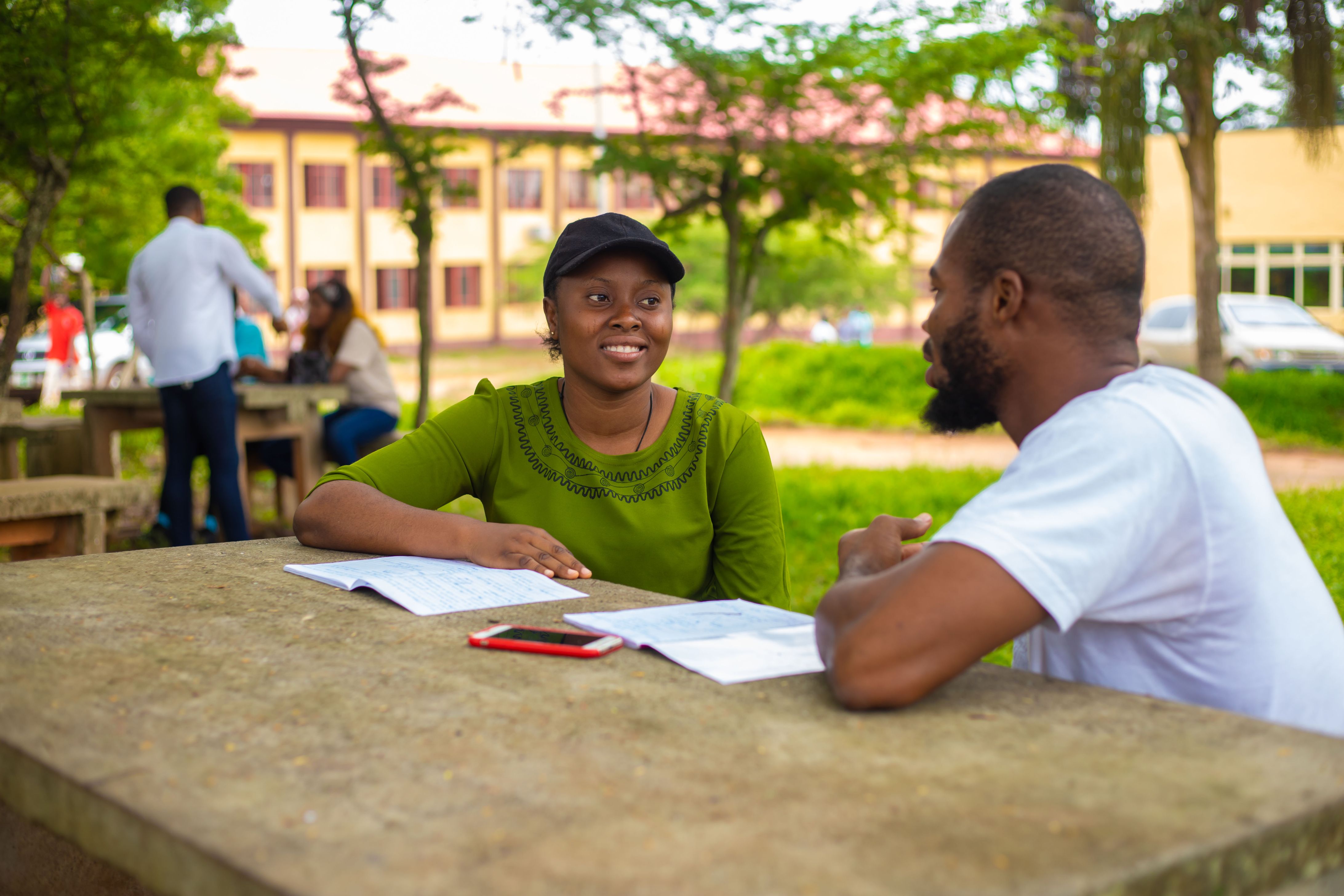WSU STUDENTS LEAD WITH GROUNDBREAKING PROJECTS AT FAMELAB

Responding to societal needs seems to be the main objective for the top 3 winners of the FameLab Communicator’s competition that was held at WSU early in June.
The number one contender was Master of Physiology student, Siphosethu Mgwili, who presented her ongoing evaluation of prosthetic use on residual limb growth of below-knee child amputees.
“In many African and other developing countries, child amputees often go without prosthetics until they are near maturity. This is due to the need for frequent replacements as they grow, coupled with the high cost of prosthetic components.”
She added, “The purpose of the proposed study is to evaluate the impact of adjustable prosthetic device on residual limb growth to show case a completely new prosthetic component that accommodates amputee’s bone growth or height changes in children.”
Mgwili’s master’s project comes as a development of a ground-breaking prosthetic leg invention that was set to give financial and physical relief to the over three million below-knee amputation casualties occurring annually.
In 2020, Mgwili partnered with her then-classmate, Zanodumo Godlimpi, to develop a pneumatic actuated below knee prostheses that allow amputees the ability to adjust their own height in their homes to their comfortable and functional height.
The second runner-up was Master of Science in Zoology student, Nasiphi Mduzulwana, whose focus was on the consumption, production, and conservation of fish for the sustainability of coastal communities that depend on ocean food.
This is in line with the 12th and 14th goals of the United Nations Sustainable Development Goals.
“Many coastal communities rely on the ocean as a source of food and nourishment, but this is sometimes harmful as in their pursuit for nourishment, marine resources are exploited,” said Mduzulwana.
“My research checks for the variety and abundance of fish as an indicator of biodiversity, but methods that were previously used to monitor these fish populations were/are harmful to these fish and places where they are found.”
The young researcher undertakes a Baited Remote Underwater Video System (BRUVs) which she stamped as one of the harmless methods that can be used to monitor fish.
Master of Economics student, Menzi Mhlanga came in third with an astounding examination of the impact of technological innovation on Carbon Dioxide (CO2) emissions in South Africa.
“This field of study merges my interests in economics, sustainability, and technological advancement. I was drawn to this area because of its potential to address pressing environmental challenges while fostering economic growth,’ said Mhlanga.
The young economist seeks to inform policy decision-making and promote sustainable development strategies by analysing the intersection of innovation and environmental sustainability.
The trio is just a portion of WSU students who seek to support Vision 2030 of producing relevant, innovative, and impactful research that will champion sustainable and just development through the pursuit of excellence.
By Ongezwa Sigodi
